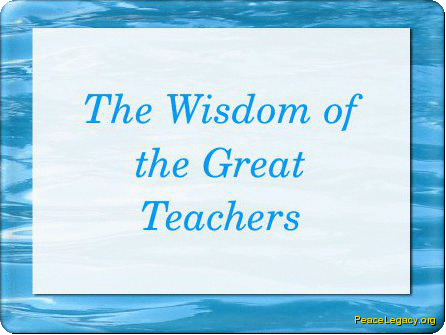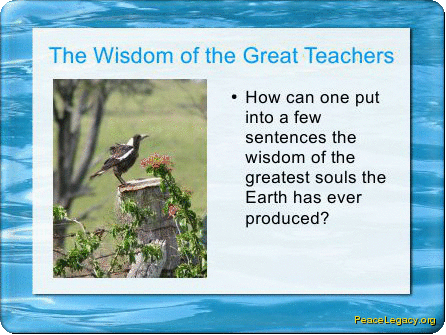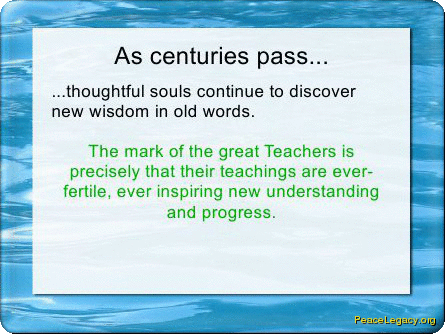When ethics is kicked out of public life, it returns in the wrong place - denying the ethical wrongness of criminality, denying that there can be expected standards of behaviour, even towards one's opponents, indeed, denying the rights of complete innocents, such as their right to privacy or protection from violence.
Fakegate
Fakegate is the name that has adhered to the latest debacle in the global warming hoax. For the brief background: In 2009 and again in 2011, two series of emails were released from the email archives of the University of East Anglia. It has never been discovered how these were obtained, but they bear all the hallmarks of a whistleblower, since they revealed a long and astonishing history of deceit, possible criminality, and dirty tricks by central figures in the "climate change" aka "global warming" movement. Hence the moniker, "Climategate".
Then, in mid-February, it suddenly appeared as if the tables were turned: an astonishing memo and other documents appearing to come from the Heartland Institute revealed that they were planning a campaign to dissuade teachers "from teaching science" and "keep opposing voices out"! At last, the warmists were vindicated: all the opprobrium they had endured in the wake of Climategates 1 and 2 was about to be repaid upon the skeptics, now exposed as anti-science and anti-free speech, amongst other things.
The only problem: it soon emerged that the memo containing the devastating statements (widely republished by the world's media, whose staff hold journalism degrees and would have been taught to check their sources) turned out to be a fake. The other genuine documents released alongside it were fraudulently obtained from Heartland by the President and co-founder of the Pacific Institute for Studies in Development, Environment, and Security, Dr Peter Gleick. Numerous commentators have indicated that they believe he is the most likely, or perhaps only, candidate for concocter of the fake document as well. Donna Laframboise writes:


 So, it is certainly time that I directly applied the Principle of Goodness to these situations, not only to illustrate the Principle, but also in the hope of changing the bad situation. And solar thermal is one of the very worst.
So, it is certainly time that I directly applied the Principle of Goodness to these situations, not only to illustrate the Principle, but also in the hope of changing the bad situation. And solar thermal is one of the very worst.



Recent comments
8 years 49 weeks ago
9 years 7 weeks ago
9 years 8 weeks ago
9 years 8 weeks ago
9 years 8 weeks ago
9 years 9 weeks ago
9 years 10 weeks ago
9 years 10 weeks ago
9 years 10 weeks ago
9 years 10 weeks ago